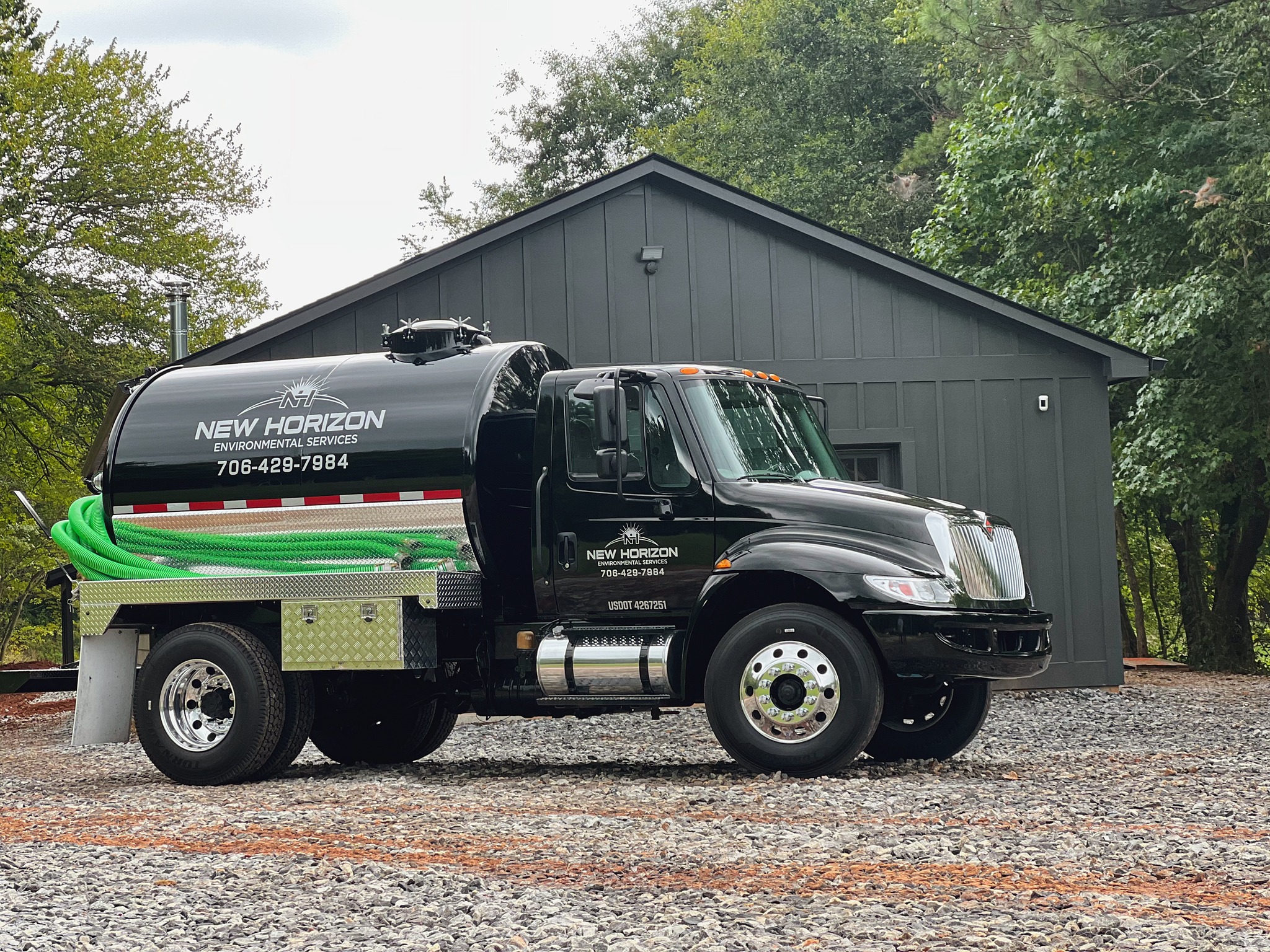
Green Solutions: How Septic Maintenance Protects Our Environment Oct 01, 2025
Septic systems are essential for managing wastewater, particularly in rural areas. Unlike urban sewage lines, septic systems treat wastewater on-site, which can have significant environmental impacts if not maintained properly. The process begins when wastewater exits your home and enters the septic tank. Here, solids settle at the bottom, and oils and grease float to the top, forming a scum layer, while the relatively clear water in between moves into the drain field for further treatment.
Regular maintenance is essential to ensure this process works efficiently. Without it, septic systems can overflow or fail, leading to contaminated water leaching into the ground, potentially making its way to local water bodies. This can result in the spread of harmful pathogens and pollutants, impacting drinking water sources and aquatic life.
By following recommended septic maintenance schedules, property owners can prevent such detrimental outcomes. New Horizon Environmental Services advises scheduling inspections every one to three years, depending on the system size and household usage. These inspections check for leaks, scum and sludge levels, and overall system functionality. Regular pumping of the septic tank is also critical; typically, every three to five years, although this can vary based on household size and water use.
Employing water conservation techniques aligns well with proactive septic care. The less water your household uses, the less stress on your septic system. Simple measures like fixing leaks, installing water-efficient fixtures, and spreading out laundry loads can significantly extend the life of your system and reduce the potential for environmental contamination. Educating household members on what should and shouldn’t be flushed down toilets or poured into sinks is equally important. Avoiding non-biodegradable items and harsh chemicals helps maintain the natural bacterial balance necessary for breaking down waste.
Beyond personal property care, proper septic maintenance contributes to community-wide environmental health. It reduces the likelihood of contamination in local rivers, lakes, and streams, which is vital for biodiversity. By protecting these water bodies, New Horizon Environmental Services aids in preserving habitats for fish and other wildlife, ensuring that ecosystems remain balanced and thriving.
In conclusion, septic system health might fly under the radar as a green solution, but its impact on environmental protection is substantial. New Horizon Environmental Services champions routine inspections and maintenance as key strategies in preventing harmful ecological damage. By taking responsibility for our septic systems, we can effectively contribute to cleaner water, thriving ecosystems, and a healthier planet. For homeowners looking to play their part in environmental conservation, starting with something as simple as responsible septic system care can make a world of difference.
/filters:no_upscale()/media/f1b493ba-460f-4fbd-8c58-8747b128f420.jpeg)
/filters:no_upscale()/filters:format(webp)/media/4a02f1d5-29c6-491e-9807-2aee54d957fc.jpeg)